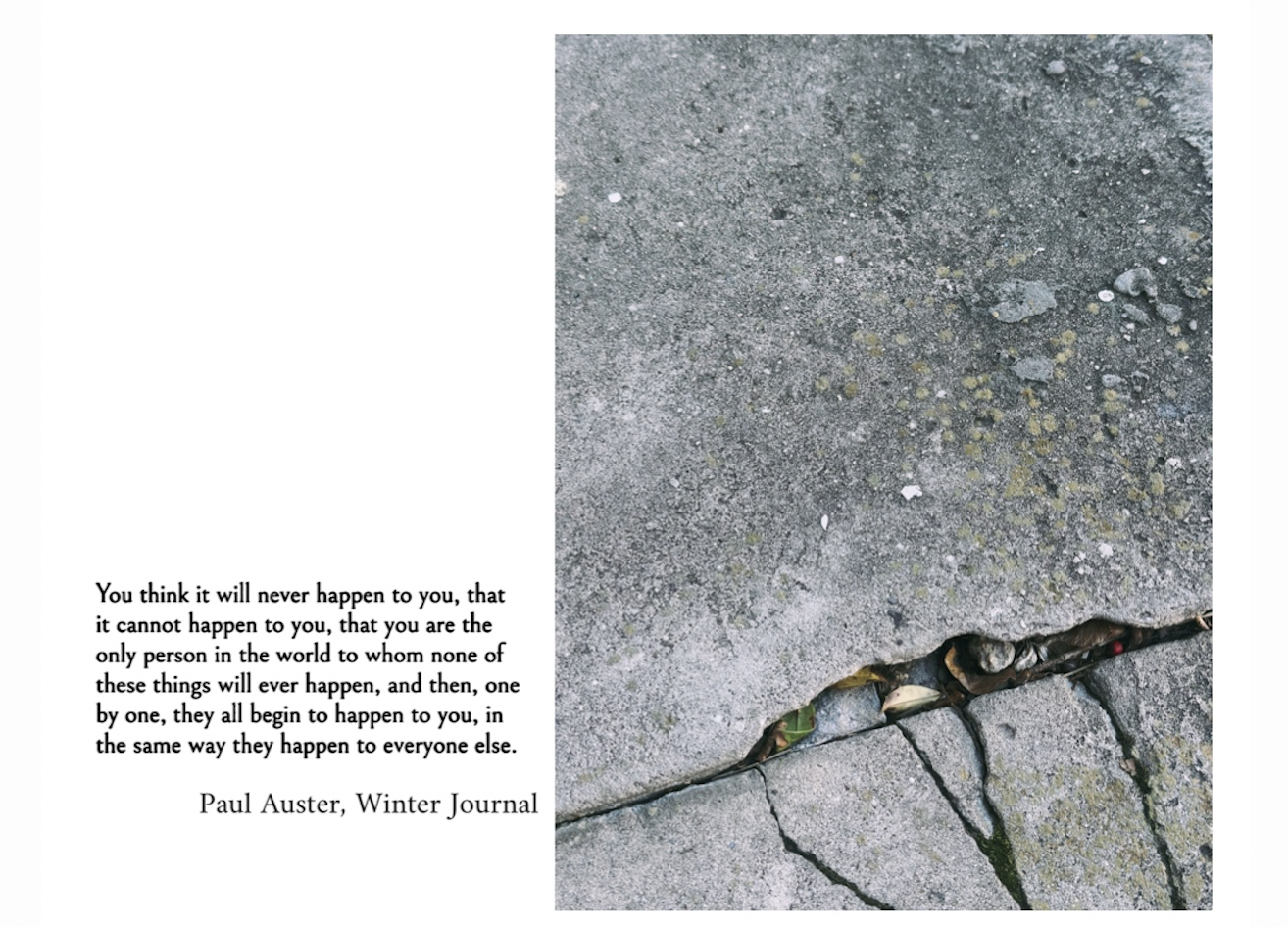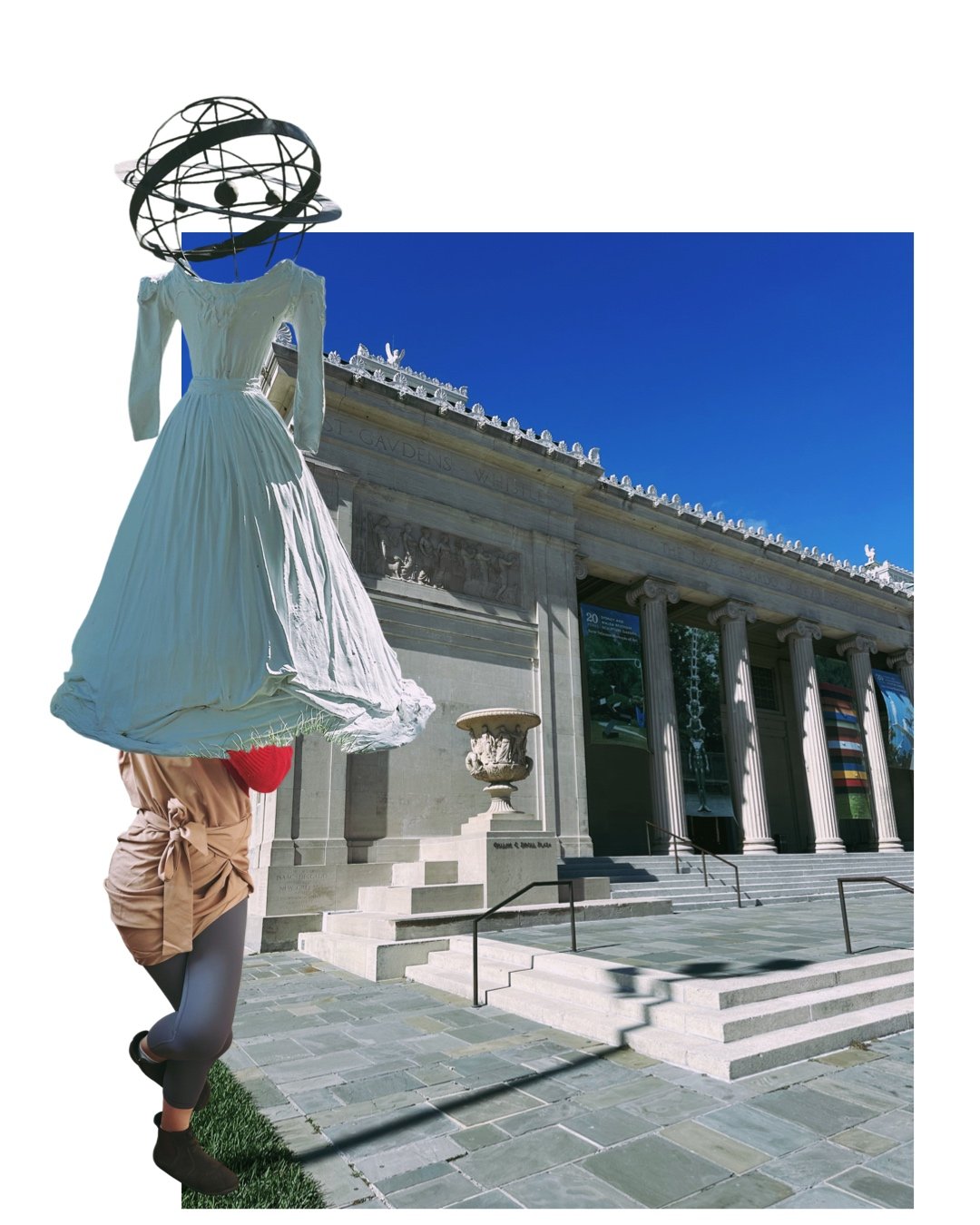Of two minds at once, am I—- of two energies and timbres. Fury and whimsy, Medusa and Orpheus, with barely a gap between.
Nevertheless:
In school that morning they started their first-term tests. The pupils had to write an essay on the subject: "How I will live and work in order to be of service to our Motherland."
Vasya wrote out his answer in his exercise book: "I do not know how I will live, I have not thought yet. We had a cow. While she lived, my mother, my father and I all ate milk from her. Then she had her son—a calf-and he ate milk from her too, there were three of us and he made four, and there was enough milk for us all. The cow also ploughed and carried loads. Then her son was sold for meat, he was killed and eaten. The cow was very unhappy, but she soon died from a train. And she was eaten too, because she was beef. Now there is nothing. The cow gave us everything, that is her milk, her son, her meat, her skin, her innards and her bones, she was kind. I remember our cow and I will not forget." It was twilight when Vasya returned home. His father was already there, he had just come in from the line; he was showing Vasya's mother a hundred rubles-two notes that the driver had thrown down from the engine in a tobacco pouch.
This is how Platonov ends his short story, “The Cow,” likely written in 1938 or possibly 1939, as translated by Robert and Elizabeth Chandler and Angela Livingstone.
In their endnotes, the Chandlers mention Soviet literary critic A. Gurvich’s critique of Platonov’s “pity” and his pitiful, unheroic characters. Although Platonov wrote on the appropriate subjects, he got the “tone” wrong. There is no grief in the heroic State: there is simply the death of the useless and underprivileged in the name of teleological fulfillment. The Chandlers read Platonov’s story, “The Cow,” as a “defiant rejoinder” to Gurvich’s pillory. This brief tale “is as saturated with pity as anything he ever wrote,” they note:
The characters do indeed feel pity not only for one another but also for "birds, grasses, winds and machines.' Most moving of all, however, is the compassion—a clear-minded compassion entirely distinct from self-pity —that Platonov directs in this story towards his own self. The subtext here is that Platon, Platonov's fifteen-year-old son, was arrested in 1938 and sent to the Gulag. This may well have been an indirect way of putting pressure on Platonov himself; Lev Gumilev, the son of Anna Akhmatova, was also arrested in 1938, for a second time. It seems likely thar Stalin hoped, through sending their sons to the camps, to be able to bring Platonov and Akhmatova to heel, to exploit them far his own purposes.
For some reason, Bob Dylan’s “Let Me Die in My Footsteps” has been looping through my head at this time when I am sure of how much life matters, and more sure of how horrible it is to identify with one’s government, as if any armed behemoth with bombs can speak of what it means to live and believe in life. . .
Let me drink from the waters where the mountain streams flood
Let the smell of wildflowers flow free through my blood
Let me sleep in your meadows with the green grassy leaves
Let me walk down the highway with my brother in peace
Alternately:
I raise my arm against it all and I catch the bride’s bouquet. This is the darkness, this is the flood—-Your name pressed against my temple. It is what I thought and not what I thought: It’s past one o’clock. You must be fast asleep. It is a light that goes out in my mouth. And there is no man or woman that can’t be touched / in my eclipses, in my returns. I wanted those two clocks right in front of me, ticking. Light clarity avocado salad in the morning the world is not my world, the human body concealed my cipher beneath images of scandalous visibility. Philosopher! The body knows, at most, an octave—-Take it.
[Leonard Cohen; Marina Tsvetaeva; Vladimir Mayakovsky; Louise Gluck; Georg Trakl; Leonard Cohen; René Char; Félix González-Torres; Frank O’Hara; Louise Gluck; Jean Cocteau; Deborah Digges; Sigizmund Krzhizhanovsky; Daniil Kharms]

